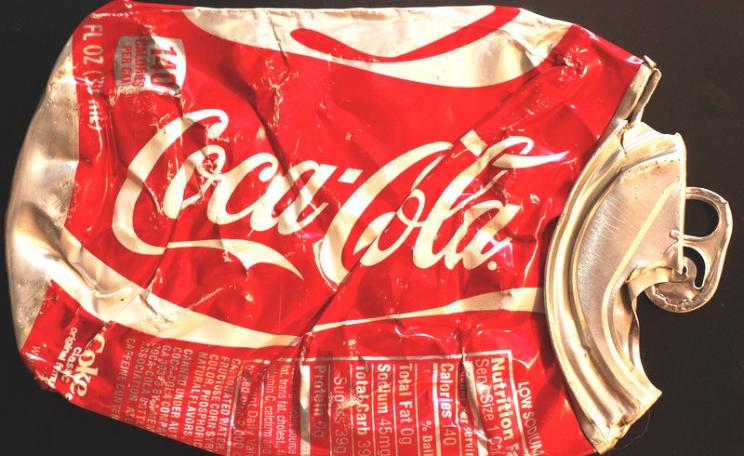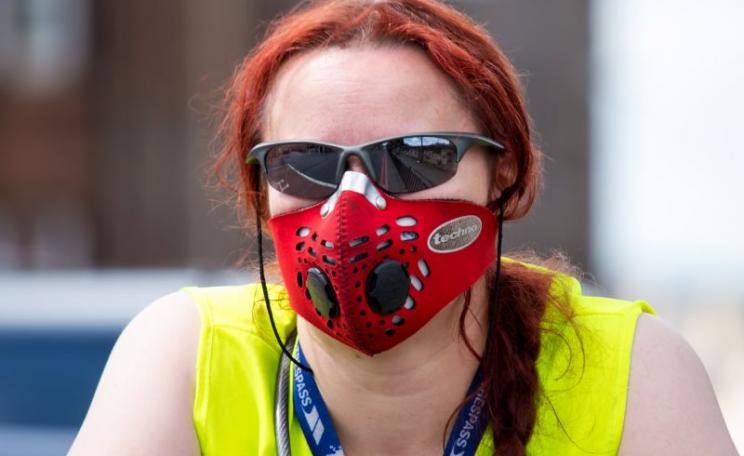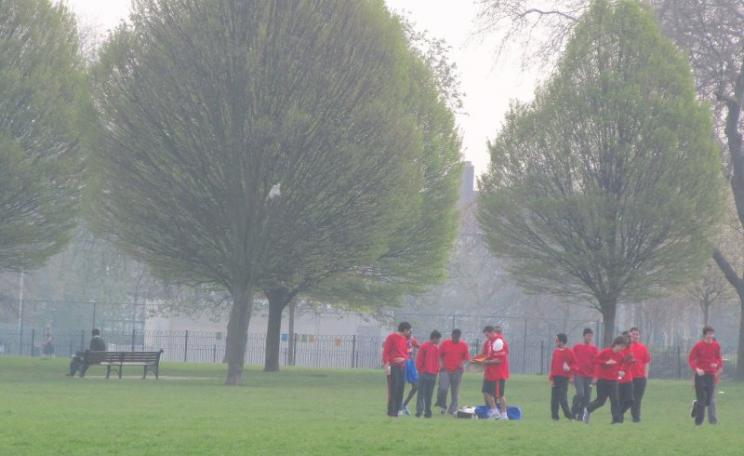There's no need for the Government to wait for the Supreme Justices' verdict before acting. If it cares about our health and wellbeing, it will immediately put in place measures to ensure its swift compliance with EU air quality rules.
Tomorrow, ClientEarth's case against the UK Government for illegal levels of air pollution will reach the Supreme Court for a second and final time.
It's the culmination of a legal process that has taken five years and been through the major courts of the UK and the European Court of Justice - which ruled last November that the UK is in "ongoing breach" of EU law.
In the process our case has already scored a worthwhile victory, no matter what its final outcome: it has spurred increased government spending on the abatement of air pollution and a flurry of media friendly schemes to cut down on diesel fumes.
But these schemes are not enough. Around 29,000 people die early in the UK each year as a result of air pollution. This may seem surprising, but that's because 'air pollution' cannot be registered as a cause of death. Instead air pollution deaths are recorded in all their different manifestations: cancer, respiratory complications or heart attacks.
And now scientific research from Los Angeles shows that tiny particles of poly-aromatic hydrocarbons, found in diesel exhaust, can give children brain damage - before they are even born.
In the weeks following 16th April, the Supreme Court justices will have to decide whether the Government really is doing everything it can to bring air quality within legal limits in the "shortest time possible" - as the law requires - or if it's dragging its feet.
Winkling out the Government's dirty secrets
The case has revealed more about the UK's air pollution problem than the Government might have wanted.
The original deadline for meeting the legal limits for nitrogen dioxide air pollution was 2010. One of the discoveries unearthed as part of ClientEarth's legal case was that the Department for Environment, Food & Rural Affairs (the responsible department) doesn't actually plan to comply with limits until after 2030.
2030 is a full 20 years after the original legal deadline - a deadline that Parliament voted into law to protect people's health. Every one of these years, thousands more people in the UK will die or be made seriously ill from the effects of air pollution.
ClientEarth is asking the Supreme Court to order the Government to produce a new plan. This plan will need to drastically cut pollution from diesel vehicles: the main source of nitrogen dioxide pollution. It will also have to do so considerably sooner than "after 2030" - whenever that means.
Our case refers to 16 air quality "zones". The worst offenders are Birmingham, Leeds and London. The zones are as far apart as Southampton and Glasgow, meaning that the problem is experienced under the devolved Scottish administration. However, local politics can only do so much in the face of our island's traffic pollution.
There's no need for the Government to wait for the Supreme Justices' verdict before acting. If it cares about our health and wellbeing, it will immediately put in place measures to ensure its swift compliance with EU air quality rules.
Keeping the dirtiest vehicles off our streets
The UK Government needs to keep the dirtiest vehicles out of towns and cities. As you would expect, industry has recently launched a fight-back against the evidence that diesel is bad for people's health. Diesel car makers cite the latest European emissions standards which they claim will limit dangers to human health.
Sadly, engines which meet these standards under test conditions fall far short in real life. Until these laboratory successes are seen on the road, it will be very difficult for the public to have the same level of confidence as the industry seems to have in its vehicles.
ClientEarth's issue is not with the diesel car industry, just as it isn't with the millions of drivers who were incentivised to buy diesel vehicles under the discredited idea that it was better for the environment. Clearly, people were misled, and this will be expensive and difficult to undo.
To keep the dirtiest vehicles out of town centres we need a national network of low emission zones. This requires action from central Government. To ask councils or local authorities to fix the problem is putting a plaster on a large wound.
Ending the pollution - not moving it on elsewehere
The Mayor of London has adopted a new ultra-low emission zone for London to come into effect in 2020. Assuming that this will be effective, this would mean that a large fleet of buses which no longer meet emissions standards will be going cheap.
Towns outside the M25 already scoop up decommissioned London buses. Bus companies operating outside the ultra-low emission zone would find a large number of cheaper, more polluting buses on the market. The problem would be shifted rather than solved.
We need a national solution. Unfortunately, appeals to the better nature of governments are wishful thinking unless there is a significant public support behind them. Public support for action against air pollution is growing - but still not overwhelming.
That's why legal action is necessary. The Government saw fit to sign the Air Quality Directive into UK law, and they have the data that show how bad air pollution is for the national health. Yet still, it seems, they need to be forced to act.
It is sad that it could take environmental campaigners five years in the courts to force the Government to take its own advice, obey the rule of law and protect the health of the people. In the next few months, we'll find out if the Supreme Court will order them to do just that.
But of course there's no need for the Government to wait for the Supreme Justices' verdict before acting. If it cares about our health and wellbeing, it will immediately put in place effective, tightly timetabled measures to ensure its swift compliance with EU air quality rules.
James Thornton is Chief Executive of ClientEarth.







